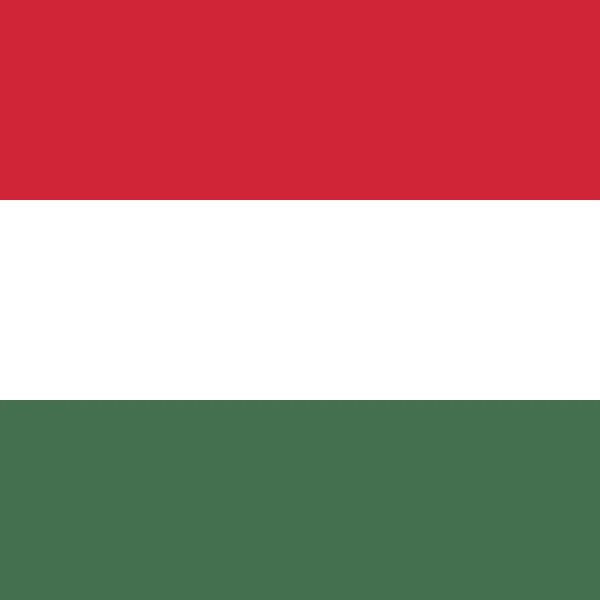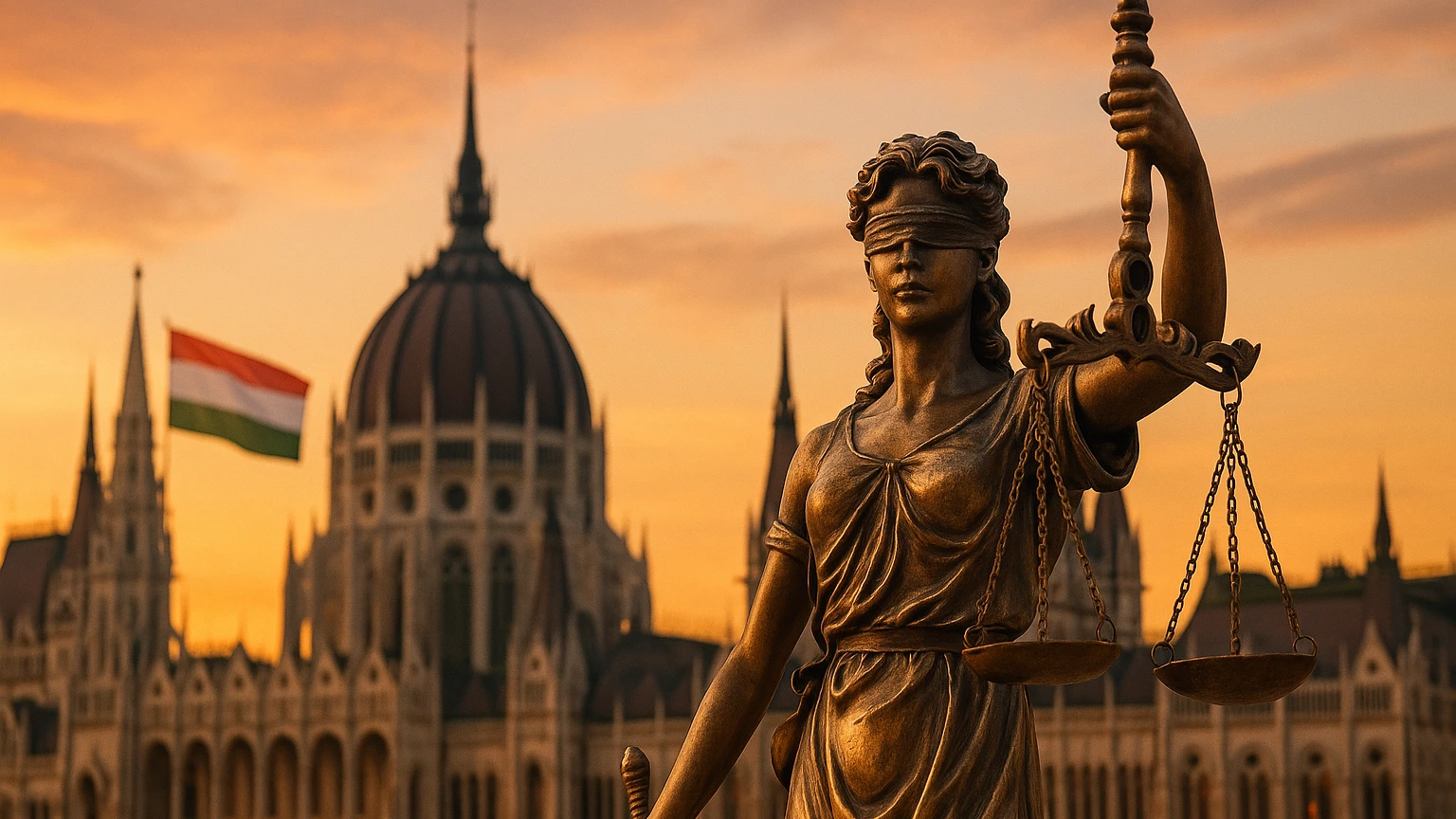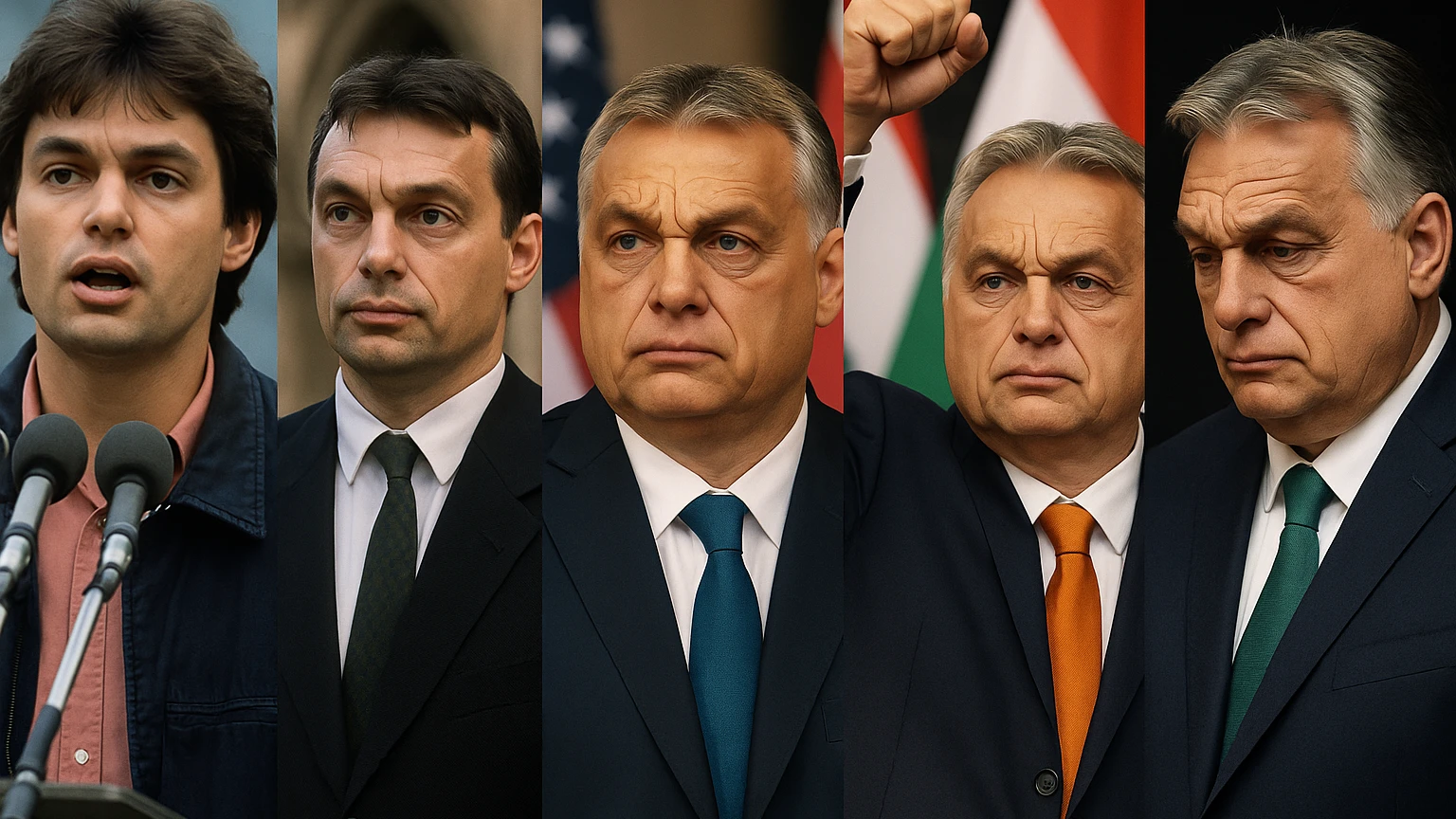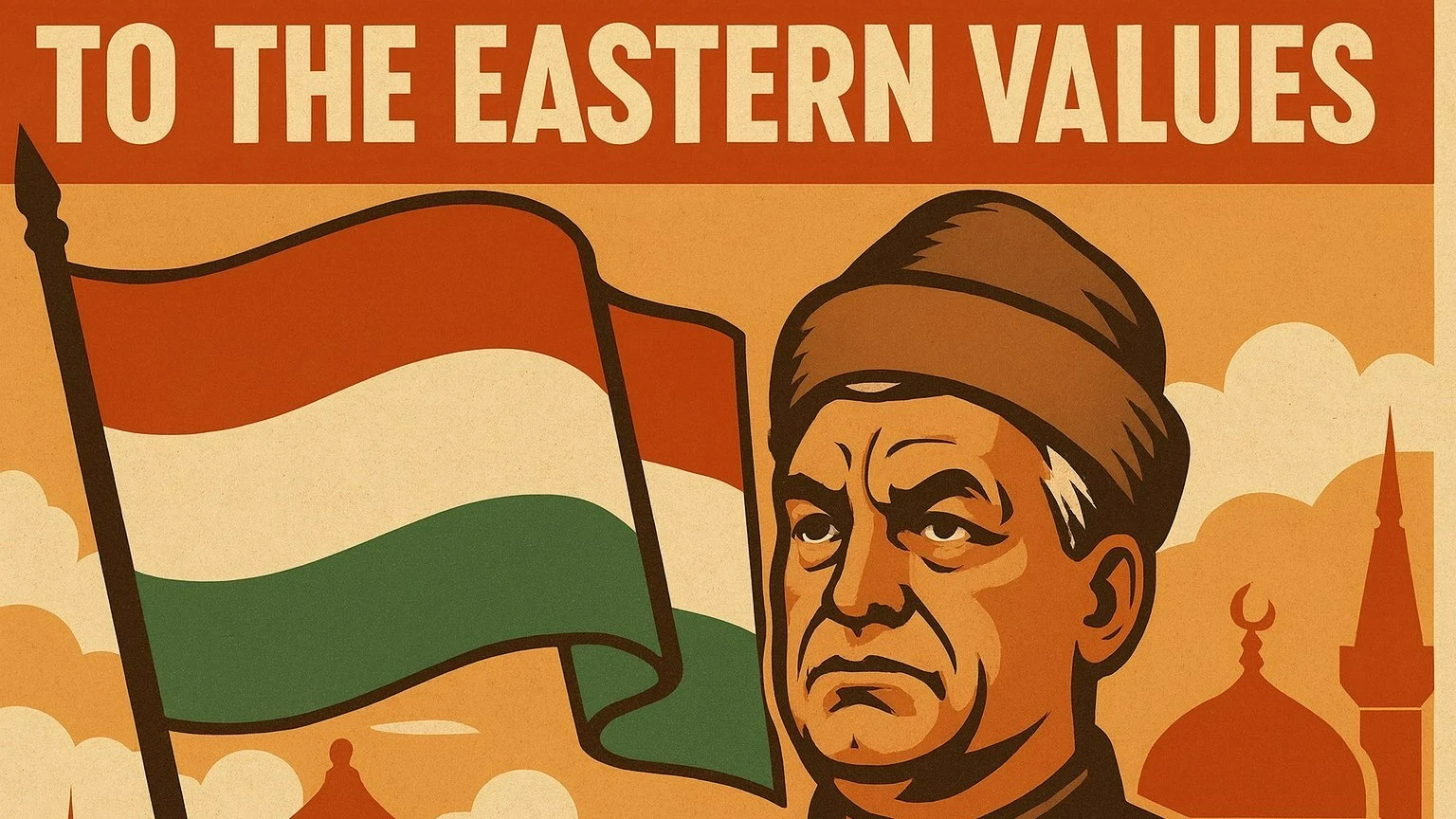Hungary
Hungary is a Central European country and a member of both the European Union and NATO. The country has a rich cultural heritage, a diversified industrial base, and an important strategic role within the region.
Political System and Governance
Hungary is a parliamentary republic. The President serves as the head of state, while the Prime Minister leads the government. The unicameral parliament holds legislative authority. In recent years, governance has become more centralized, and decision-making processes have been increasingly concentrated within the executive branch.
Human Rights and Civil Society
Hungary maintains a multiparty political system with a wide range of civil society organizations and media outlets. At the same time, international and domestic observers have noted challenges related to media freedom, judicial independence, and the operational environment for NGOs. The government, however, states that recent reforms aim to enhance national sovereignty and administrative efficiency.
Economy and Key Indicators
Hungary’s economy is based on industry, agriculture, and services. The country maintains close economic ties with the European Union and is characterized by an export-oriented production model. The automotive, IT, and energy industries play a central role in national growth.
Foreign Policy and Regional Relations
As a member of both the EU and NATO, Hungary actively participates in European cooperation and regional initiatives. Its foreign policy priorities include protecting national interests, ensuring energy security, and supporting regional stability.
Current Trends
- Institutional changes and administrative centralization
- Structural adjustments in the judicial and media systems
- Digital transformation and energy transition
- Coordination and dialogue with the European Union







